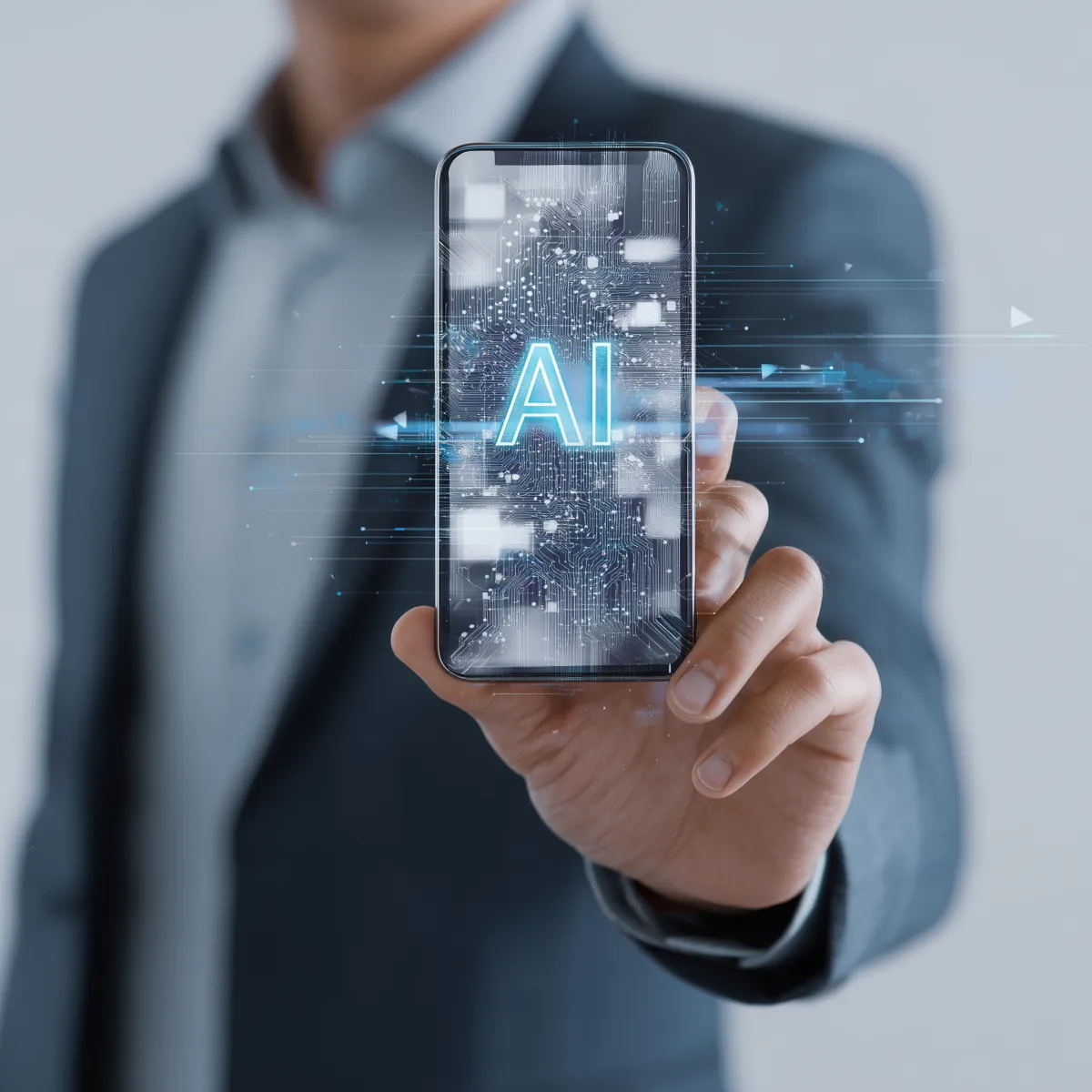How Can Agents Build Lasting Value In An Automated World?
Curious about how can agents build lasting value in an automated world? Discover 5 actionable strategies to build your brand and thrive in real estate.
Which Traditional Practices Should Agents Leave Behind?
Discover which traditional practices should agents leave behind. Update your strategy from cold calling and print ads to modern, digital-first solutions.
How Can Brokers Lead Their Teams Through Industry Evolution?
How can brokers lead their teams through industry evolution? Learn key strategies for leadership with a focus on tech, culture, and training.
What Makes Marketing Changes Successfully Stick?
Wondering what makes marketing changes successfully stick? Learn a practical framework to make sure your new marketing efforts in real estate have lasting success.

Lesix Companies LLC
80 Seven Hills Blvd
Suite 101 #103
Dallas, GA 30132
We use cookies to analyze our website traffic and tailor your experience. We also utilize that information for digital advertising. We also share information about your use of our site with our social media, advertising and analytics partners who may combine it with other information that you’ve provided to them or that they’ve collected from your use of their services. We improve our products and advertising by using Microsoft Clarity to see how you use our website. By using our site, you agree that we and Microsoft can collect and use this data. By using this website, you consent to the Privacy Policy. This website is not affiliated nor part of any network of sites outside of the Lesix Family of Companies.
Important: Earnings and Legal Disclaimers
We believe in hard work, adding value, and serving others. We cannot and do not make any guarantees about your own ability to get results or earn any money with our ideas, information, programs, or strategies. Nothing on this page, any of our websites, or emails is a promise or guarantee of future performance or earnings. Any financial numbers referenced here, on any of our sites, or communications are simply estimates or projections or past results, and should not be considered exact, actual or as a promise of potential earnings. This website makes no guarantees about estimates of potential direct mail projects, printing, design, or any other elements.









